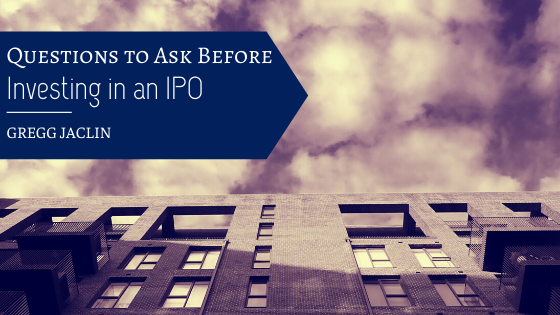Before investing in an Initial Public Offering — IPO — outside investors should pause enough to do a satisfactory IPO analysis. Presumably, friendly local brokers may persuade investors to buy stocks in an IPO, but do the investors stand a chance to benefit?
Ideally, when private companies begin to gain traction, the founding investors start to source outside funding; that’s how IPO comes in. A private company goes public when it starts selling stocks to outside investors. Some IPOs — Alibaba — record a resounding increase in the share price on the first day they go public. However, it’s on rare occasions, and it shouldn’t be the reason to invest in an IPO.
It’s thus essential to pause enough and raise these three questions before investing in an IPO.
Why are they selling stocks?
The founding investors can answer this question better than anybody else. The buyer of an IPO assumes that the founding investors want to expand the company; that in the future, the buyer would get some good returns. On the flip side, the sellers may predict a loss in the future and therefore resort to cash out.
Simply put, the buyer is always on the receiving end. Meaning he/she is not investing but speculating. In that case, although the risk is high, that’s not enough reason to dismiss an IPO.
Are the shares cheap or expensive?
The founding investors crave to sell shares at high valuation while the buyers need to buy at a low valuation. Usually, a company will set the price of stocks based on the valuation of a more senior trading competitor. The shareholders will always craft a tale to explain why their shares are cheap or expensive as compared to their competitors.
To determine whether the shares are cheap or expensive, one should examine the performance of the company in the last few years. If one believes their story, then he/she can consider their IPO.
What is your right as a shareholder?
Initially, shares came with voting rights. The slogan, “one share, one vote” was adopted, which meant that all shareholders had an equal say. With the change in technology, founding shareholders have resolved to withhold voting rights from short-term investors. Some companies — Google — have resorted to issuing dual-class shares. In such cases, the founders have exclusive voting powers.
If an outside investor buys a non-voting stock during an IPO, he/she should understand the limitations of his/her powers.
If anybody wants to invest in an IPO, he/she should answer the above questions genuinely.

